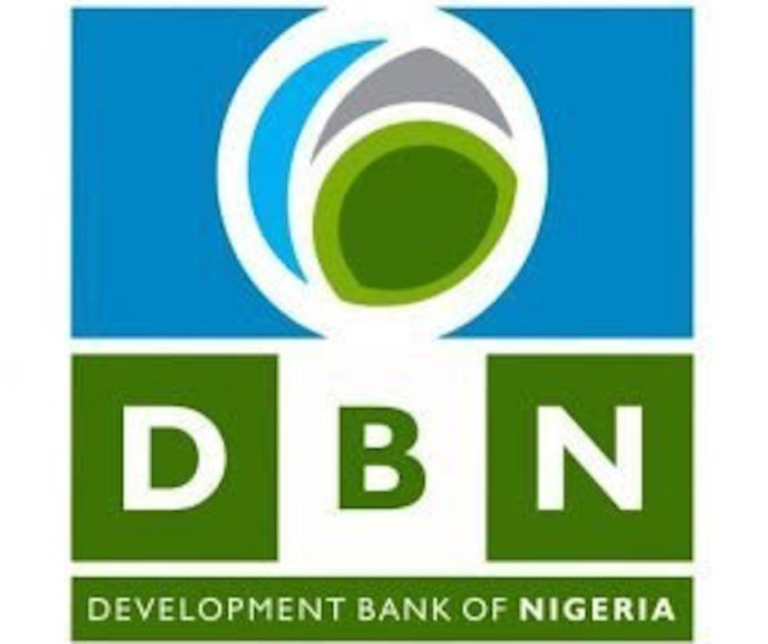In Togo, stakeholders in the sanitation sector are seeking to enhance the organization of their field. Last week, representatives from the Association of Sanitation Actors of Togo (3AT) engaged in discussions with the Minister of Water and Sanitation, Mawunyo Mila Aziable, regarding the challenges and future prospects of the sector.
During a meeting on March 7, 2025, they highlighted several issues to the minister, including the lack of faecal sludge treatment facilities, inadequate unloading infrastructure, and outdated equipment. These challenges not only hinder the sector’s effectiveness but also lead to increased costs for operators and jeopardize urban sanitation, which is a critical concern for public health and environmental sustainability.
“The role you play is vital. The government is attentive and will back your efforts to enhance on-the-ground initiatives,” the minister assured.
Public initiatives such as the Project for the Promotion of Inclusive Sanitation in Urban Centers in Togo (PAICUT) and the Project for the Improvement of Water Security in Urban Areas (PASH-MUT) are designed to enhance faecal sludge management and fortify the sanitation value chain.
Revitalizing the Sector
With a need for a more robust regulatory framework and the mobilization of funding, sanitation has the potential to serve as a growth catalyst for local operators.
Effective organization could not only create economic opportunities but also foster a healthier living environment for urban residents. The key challenge lies in accelerating this transformation to benefit the sector as a whole.






